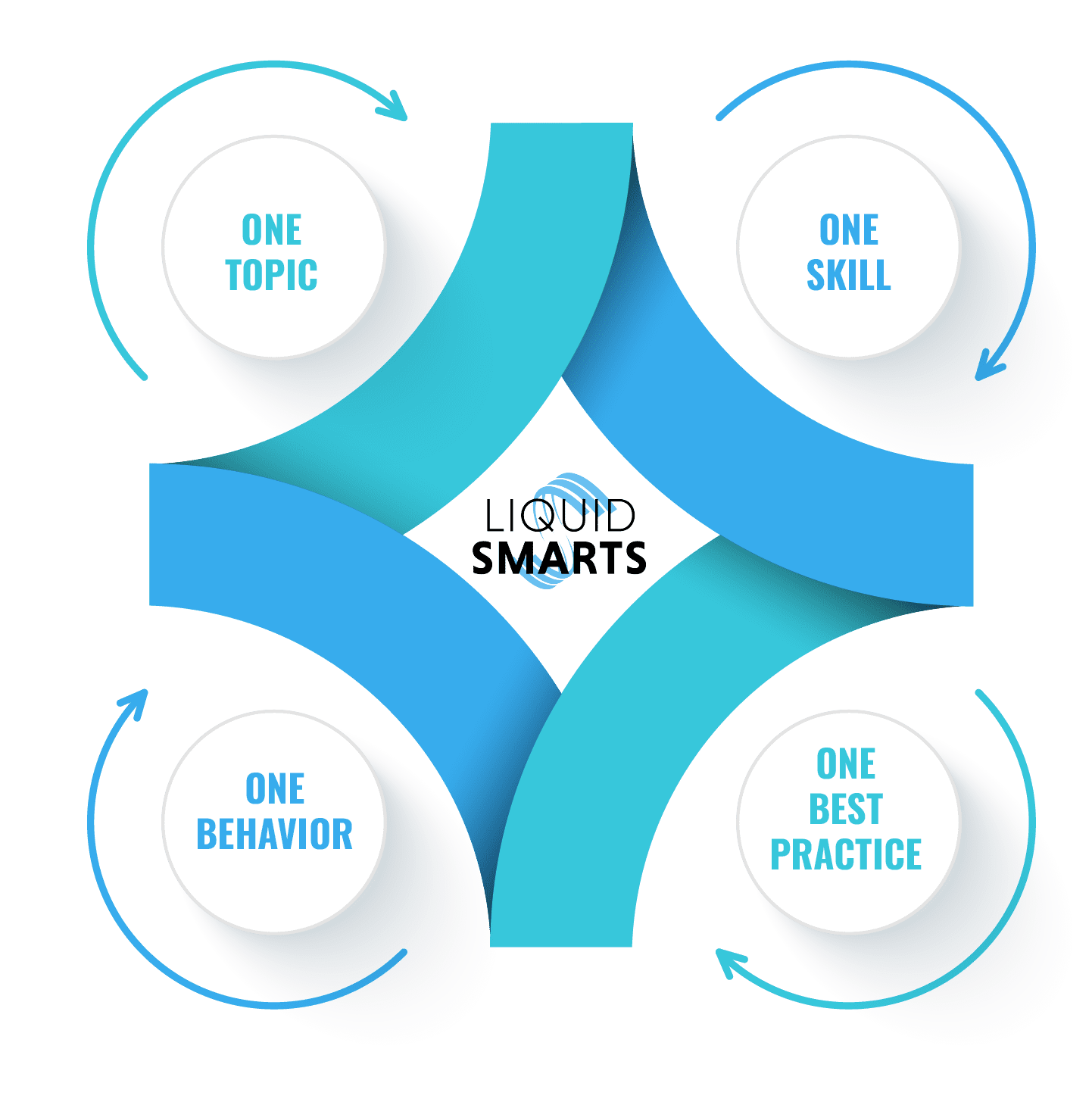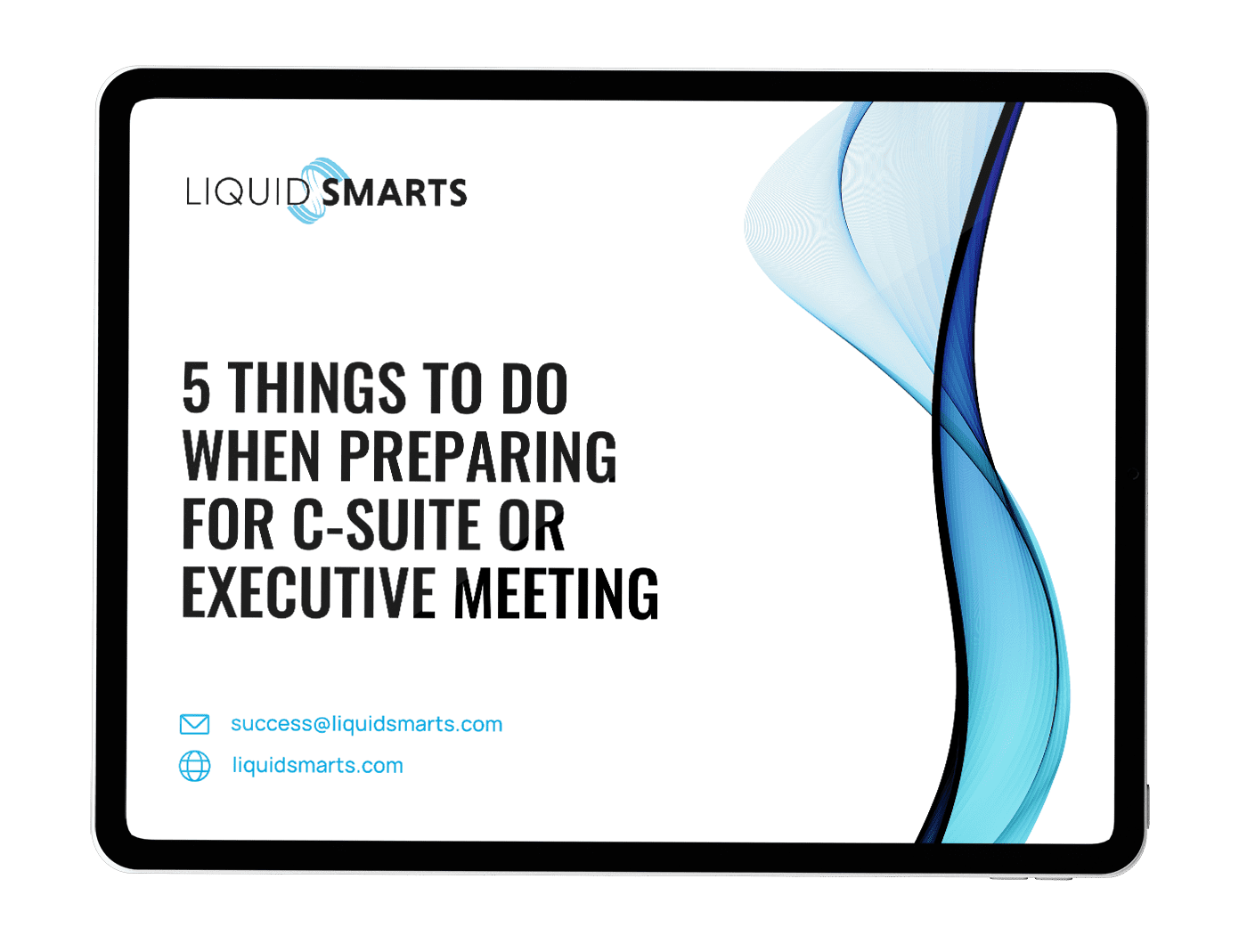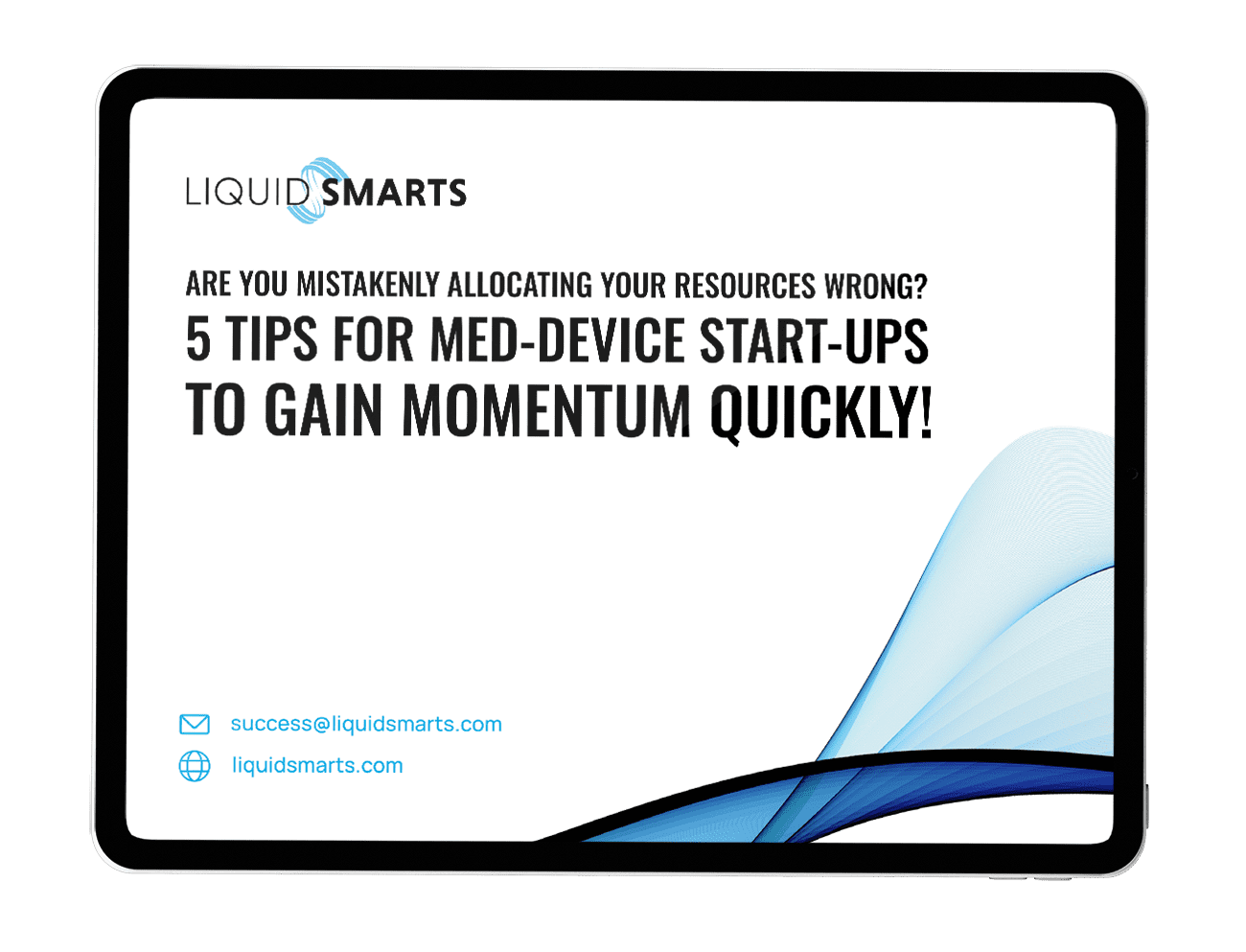Employee turnover, whether it’s from high-level executives or entry-level employees, can be a costly blow to any organization. But the true impact of employee turnover isn’t just in terms of financial costs and increased recruitment workload—a significant amount of knowledge emerges when valued employees depart.
As managers, founders, and leaders alike have quickly realized, Knowledge loss due to employee turnover is essentially training your competitors. That’s why understanding the causes and magnitude of this knowledge gap requires a proactive attitude toward building strategies for managing and retaining an organization’s hard-earned wisdom.
Let’s explore how you can improve your company’s ability to retain its knowledgeable talent base.
The Cost of Losing Knowledge
Knowledge is an asset, and employee turnover can significantly impact it. Employees take their unique skills, experience, expertise, and knowledge every time they leave. Losing such crucial knowledge can lead to decreased productivity, increased mistakes, reduced quality, and decreased customer satisfaction. All these factors can harm the company’s reputation, leading to a loss of revenue and even market share.
According to a Society for Human Resource Management study, replacing an employee can cost 50-60% of their salary. It includes hiring and training costs, the potential loss of productivity, and additional workload on the remaining team members.
Strategies for Knowledge Management
Companies should adopt knowledge management strategies to combat the loss of knowledge due to employee turnover. Knowledge management is a process that involves creating, sharing, using, and managing the knowledge and information of an organization, the goal being to enhance innovation, efficiency, and competitive advantage. Below are some of the best practices of knowledge management:
- Encourage a knowledge-sharing culture: Create an environment where employees feel comfortable sharing and collaborating. Encourage cross-functional training, mentoring, and team-building exercises.
- Document organizational knowledge: Document corporate knowledge and processes, such as procedures, policies, and best practices. Use cloud-based storage systems, wikis, and intranet portals as a knowledge repository.
- Invest in technology: Use technology to automate knowledge management processes such as distribution, tracking, and retrieval. Leverage Artificial Intelligence (AI) and Machine Learning (ML) for data analysis and insights.
Retention Strategies
One of the most effective ways to prevent employee turnover is by creating an environment where employees feel valued, appreciated, and motivated. To retain the best talent, below are some of the best practices that companies can implement:
- Offer competitive compensation and benefits: Ensure that salaries and benefits are competitive. Provide training, professional development opportunities, and flexible working hours.
- Foster a positive work culture: Give recognition and celebrate achievements. Encourage Work-life balance and flexibility.
- Open communication channels: Create available communication channels for employee feedback and engagement. Listen to employee concerns and consider their suggestions.
Onboarding Strategies
An effective onboarding program ensures employees are well-integrated with the company’s culture, policies, and processes. New employees should know the organization’s goals, values, and expectations from day one. Here are some of the strategies companies can implement during onboarding:
Introduce the company’s culture and values: Explain the company culture, values, and traditions. Help new hires connect with company culture and values.
Make the first day memorable: Make a positive first impression, give a warm welcome, conduct introductions, and offer an orientation tour.
Provide technological support: Set up the necessary equipment, such as a workstation, access to software systems, and email accounts. Ensure they can access training material easily.
Companies must understand the multidimensional impact of employee turnover when it comes to knowledge loss and knowledge management. The cost of losing institutional knowledge, impact on organizational performance, and decline in morale can be severe.
These risks must be proactively managed; strategies like formal knowledge sharing, onboarding processes, targeted employee retention initiatives, and robust onboarding systems can be implemented to ensure that all relevant aspects are handled.
Ultimately, creating and fostering a culture where knowledge is shared and protected is essential for the long-term success of any organization. Organizations that make these proactive strategies for their teams will save money and gain a competitive edge.
The workforce will benefit by taking the necessary steps to analyze their current operations and investments in knowledge management. Organizations need to act now to ensure they have an effective strategy against the attrition of valuable knowledge to maintain an effective workplace with satisfied employees who share institutional knowledge with others.







